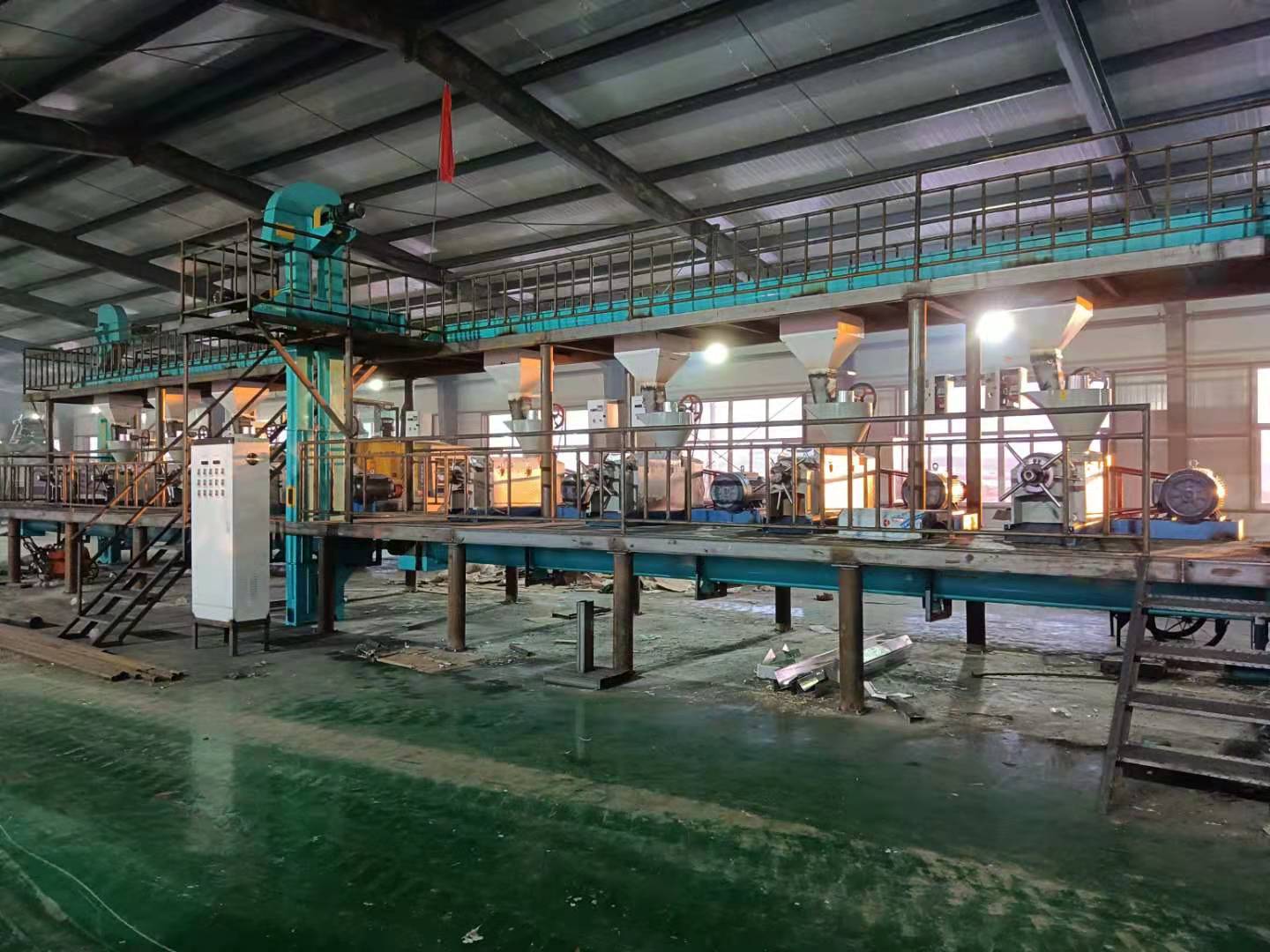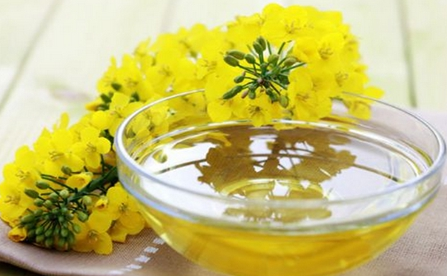The methods of making oil from oils are generally divided into two categories, one is the extraction of oil by the squeezing method, and the other is the preparation of oil by the solvent leaching method.

The squeezing method is also known as the physical squeezing method. It is a method of squeezing grease from the oil with the help of mechanical external force. It is a traditional method of preparing oil, including manual soil squeezing, hydraulic oil press, and screw There are three types of oil presses. The oil press machine widely used today is a screw press. Compared with equipment such as manual press and hydraulic press (ie, hydraulic press), it has the advantages of large processing capacity, continuous production, low labor intensity and high oil yield. advantage. The screw oil press is suitable for pressing a variety of oils, such as rapeseed, soybean, cottonseed kernel and rice bran. In particular, the oil extraction of some oils that need to maintain their original natural flavor or performance characteristics, such as camellia seeds, sesame seeds, cocoa beans and castor beans, etc., must also use a screw press to extract the oil.
Solvent extraction method to extract oil, it is the use of chemical solvent n-hexane to "solid-liquid extraction" of the oil in the oil method. It is a more advanced oil production method in the oil production than the pressing method. It has high oil output efficiency. With the advantages of good quality, low processing cost, good production environment, and few operators, the advanced oil production process of extracting oil by leaching method is widely used in countries all over the world.
The pre-pressing/puffing leaching method is to first extract a part of the oil through squeezing for high oil content oil, and then squeeze the cake and then extract the remaining oil in the cake through the leaching method.
The process of rapeseed leaching method to make oil is generally rapeseed pre-pressing---leaching---refining process, the specific operation steps include:
Rapeseed → cleaning → softening → rolling → steaming and frying → pre-pressing → leaching → crude oil
The rapeseed oil with a strong fragrance produced by pressing with a small oil press is collectively referred to as "coriander seed oil" or "small mustard seed oil" in the market. The frying temperature of small mustard seed is as high as 150 degrees. Compared with cold pressing, small pressing is hot pressing. The equipment used mainly includes hydraulic press and 95 type screw oil press. The degree of thermal denaturation of pressed cake is very high. A small amount is directly used as feed or fertilizer, and most of them are sold to large oil processing companies for leaching to extract residual oil.
Cold pressing means low-temperature pressing, which means that the oil is directly squeezed out of the raw material by mechanical force without steaming and frying. Compared with the traditional process, it can minimize the damage to the nutrients and obtain high quality at the same time. Grease and cakes are a "green and environmentally friendly" oil-making process. Low-temperature pressed oil refers to edible vegetable oil obtained by purely physical pressing without heat treatment and only using physical means to remove impurities. Low-temperature pressing eliminates the billet rolling and steaming process in the traditional process, and significantly reduces the energy consumption of rapeseed processing.
The cold pressing process is as follows:
Rapeseed→cleansing→conditioning and drying→peeling and separation→adding water for conditioning→cold pressing→rapeseed oil
Removal of impurities: The raw materials of cold-pressed oil must be carefully selected, otherwise the quality of cold-pressed oil will be seriously affected due to the different maturity of the raw materials and the harmful substances contained in the raw materials, such as aflatoxin in the moldy oil. .
Conditioning and drying: The purpose of conditioning and drying is to remove free water and odor in rapeseed, and to kill various molds. The drying temperature should not be ultra-high 50 degrees. Through conditioning and drying, the internal moisture of the rapeseed is concentrated to the epidermis. After the epidermis and the rapeseed kernel expand and contract with heat, it is easy to separate the skin from the kernel. The drying method can be microwave heating, hot air drying and so on.
Peeling and separation: Rapeseed contains 16%-20% of the skin, and the skin contains a lot of anti-nutritional factors such as crude fiber, phytic acid, and tannin. Rapeseed dehulling to make oil can significantly improve the quality of crude oil, reduce refining costs, increase the protein content of the cake and improve the color of the cake, increase feed efficiency, reduce equipment wear, and reduce processing energy consumption. One type of peeling equipment is an impact rapeseed peeling machine. The peeling principle is: the peeling machine runs in a centrifugal mode, and the raw materials to be processed are accelerated by centrifugal force and hit on the retaining ring at high speed, and the rapeseed is broken and peeled under the action of strong impact force. Another kind of rapeseed dehulling unit is similar to soybean dehulling. It comprehensively utilizes multiple functions of shearing, squeezing, rubbing and grinding to simultaneously dehull. The kernel and hull mixture processed by the dehulling machine is separated by a vibrating screen, and the dehulled kernels and Under the combined action of vibration and wind, the skin floats on the top and sucks away with the wind, while the kernel sinks in the lower layer and is discharged from the front exit of the kernel skin separator due to the difference in the suspension speed of each component of the skin.
Conditioning with water: The purpose of conditioning with water is that the hydrophilic substances in rapeseeds such as protein and carbohydrates absorb water and swell, thereby destroying the cell structure and facilitate oil production. The second is that the phospholipids in rapeseed absorb water and swell and combine with proteins to retain them. In the cake, the phospholipid content in the oil is reduced. The third is to adjust the elasticity and plasticity of the pressed material by adding water to facilitate the forming of the cake to produce oil. Water conditioning is the key technology of cold pressing. If the water content is too high, the pressure of the press is small, and there is more oil residue; if the water content is too low, the cake is not easy to form.
Cold pressing: After the rapeseed is peeled, the cell wall of the rapeseed is almost undamaged, and the affinity of the lipid bodies and protein bodies in the cells is still very strong, and the peeled rapeseed has a higher oil content, so a press with a higher compression ratio is required. , Such as squeezing above level 6. The residual oil of cold-pressed cakes of ordinary single-screw oil press is very high, and it has to be pressed twice and three times. However, the double-screw oil press has strong pressing capacity and high efficiency, and the residual oil of the first pressed cake is low, which is more suitable for vegetables. Cold pressing of seeds.
In recent years, with the continuous improvement of people's living standards, people increasingly favor cold-pressed oil in terms of edible oil. Cold-pressed oil has pure natural characteristics, avoiding the adverse effects of traditional high-temperature oil-pressing processing. The cold-pressed oil retains the natural flavor and color of the oil, and completely preserves the physiologically active substances in the oil (vitamin E has anti-aging functions, sterols have skin-building effects and enhance human metabolism). The cold-pressed oil has the original flavor, It is the choice of a healthy life.
But not all oils are suitable for
cold pressing. Take soybeans, high erucic acid rapeseed, cottonseed, peanuts, and sesame seeds as examples. Soybean oil contains beany flavor, high erucic acid rapeseed oil's pungent taste, and cottonseed oil contains cotton. Phenolic toxins and aflatoxins in spoiled oil must be refined before they can be removed. The scent of sesame oil and peanut oil must be obtained through a hot pressing process. Small-squeezed coriander oil products tend to favor flavor, while cold-squeezed canola oil is better than preservation of color and natural ingredients.


